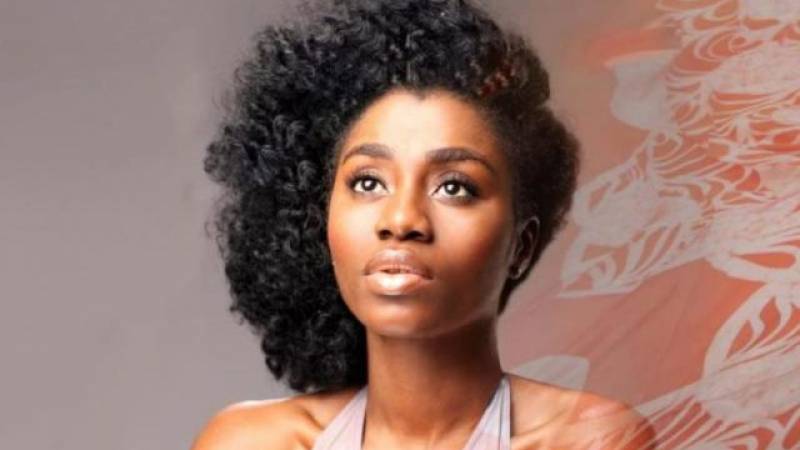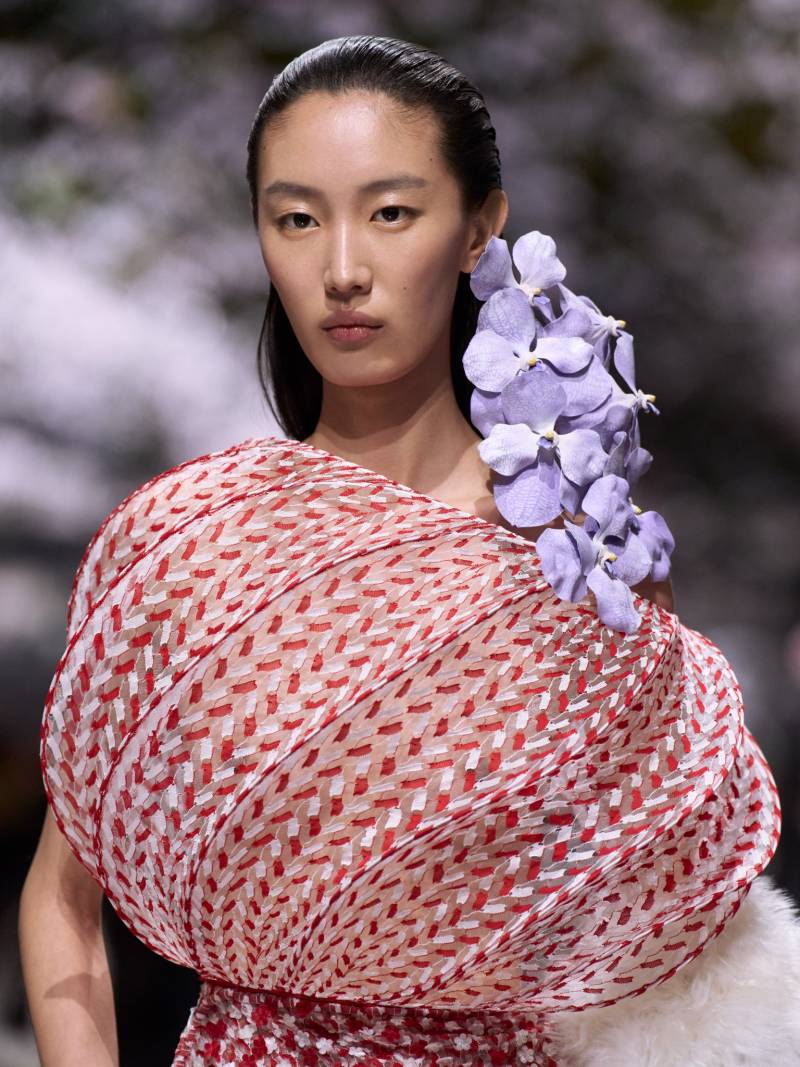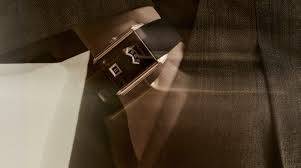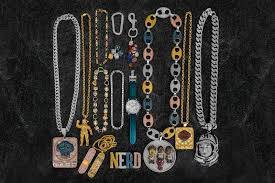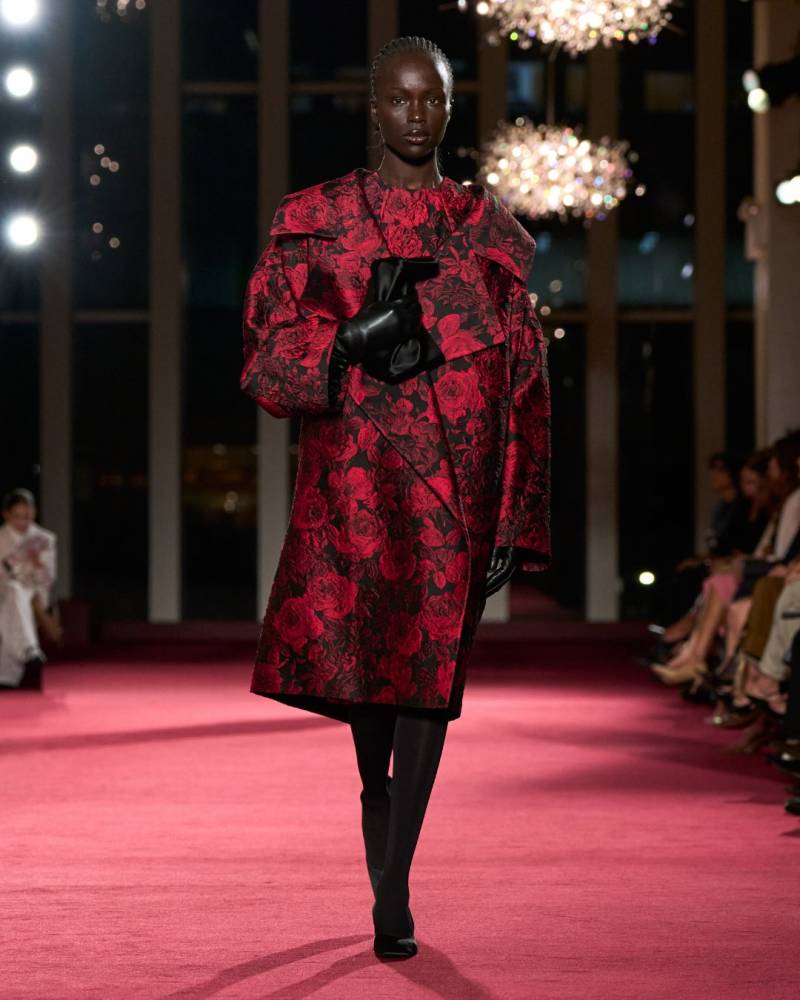Several art forms have been employed to tell stories over the years, but one that genuinely elevated media and immortalized special moment is photography. Although written words have done a great job of narrating and documenting culture, traditions and even memories, a picture provides a visual presentation that immortalizes whatever the subject is—there is a reason why its worth is in a thousand words.
Like music, photography stems from the heart; we could say he composition of both art forms is similar and one person who juxtaposes both worlds seamlessly is Toyin Sokefun-Bello, widely known as TY Bello.
Read Also: Vice News - The 'Most Toxic City in Africa'
For most established photographers, their signature finishing is embedded in their work; one look at an image, and you immediately know who was behind the lens. But it takes years of finding yourself with each picture you capture before your heart and soul finally come in perfect harmony with a particular finishing style.
The same is true for TY Bello, whose work usually garners comments on how she captures the true essence of her subject. It comes from the heart. She is a spiritual romantic who loves her work and extends that love to the people she photographs, such that you look at the portrait and feel like you know them.
So it was no surprise when her response to being our cover personality was, “I have to check with my spirit to see….” Needless to say, we were equally yoked.
To celebrate World Photography Day, she speaks to DOWNTOWN’s Editor, Onah Nwachukwu, about her creative dexterity that has seen her alternate between the pen and lens effortlessly and how she uses them as a tool to spread love and humanity.

You studied Economics, yet started as a hairdresser and a makeup artist. How did you transition into the creative space?
As far back as I remember, I have always been a creative. Every creative endeavour was that one thing I would excel in. I used to paint as a child, represent my school in competitions and win all the prizes. That was one place I excelled; I never knew art as a career option. Growing up, you either had to be a lawyer, doctor or an accountant. I tried to figure out how to make it work, and I decided the only way to do it was to actually please my parents, study what I knew was acceptable and then jump right in and do the things I wanted to do—photography, song writing and being a beautician. They all tied up into the same thing—it is you creating something out of nothing, and I have been able to go back and forth between them.
Why did you decide photography over art, seeing as you were painting in school? How did you narrow it down to photography?
I had a very good teacher who was a mentor. He left my school when I was 13, and I dropped painting altogether. I was always curious about creating again and figured photography was a way to go back into painting without having to physically paint again. Although last year I picked up a brush and paint and started painting again. Photography, for me, was a way to go back and create visually without having to pick up from where I left off when I was much younger.
People say the finishing or treating of a photograph is like painting. For you, who is a photographer in terms of its similarities with art?
A photographer is someone who paints with light, with your camera as your brush. I think that what a photographer sees more than anything else is light. You do not see an object; you are focused on the way the light is falling on that object. Not that a graphic artist or a painter doesn’t see light at all, it’s just that photography as an art form has always been about light, the way it behaves, and how it can be captured and manipulated. That is what photography is. It’s the art of painting with light, and it’s incredible. That’s what we really do.
How important is it to have an eye for imaging in photography?
It’s a lifetime of growing. As human beings, we learn to speak, read, and even walk, but we never really felt the need to learn to see. Photography is that art form that teaches you how to see, and so over your lifetime, you are more aware of what you are looking at, either artistically, emotionally, or even from a perspective of social justice; you are constantly seeing and looking. I guess that’s what you learn as you go along over the years.
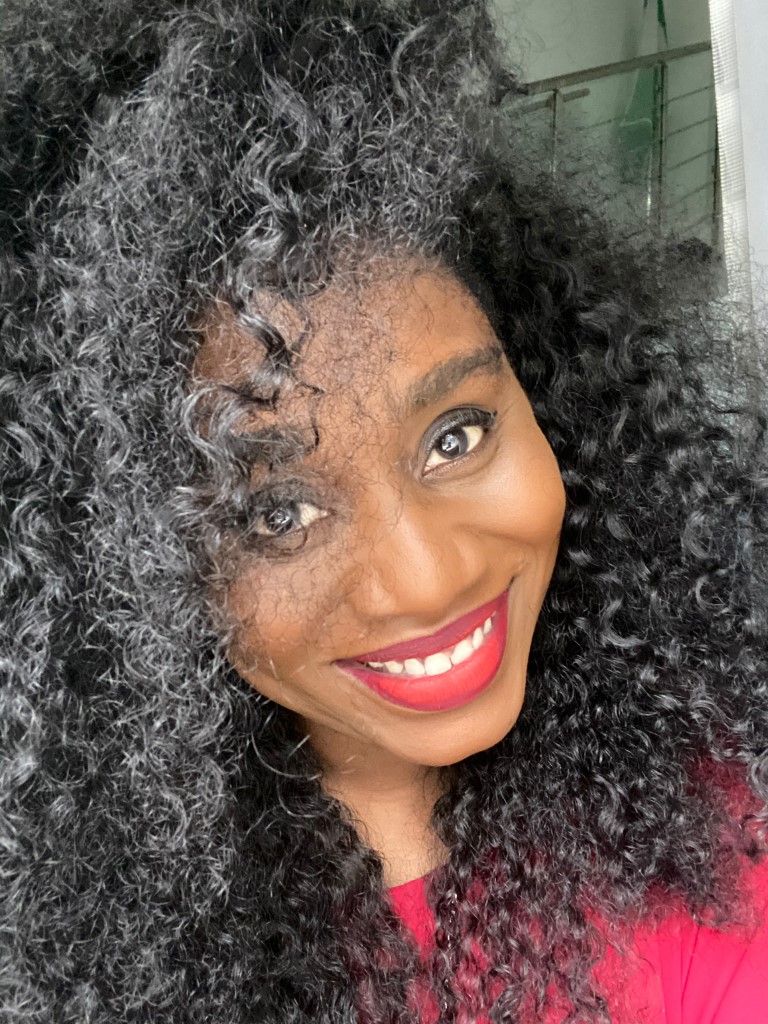
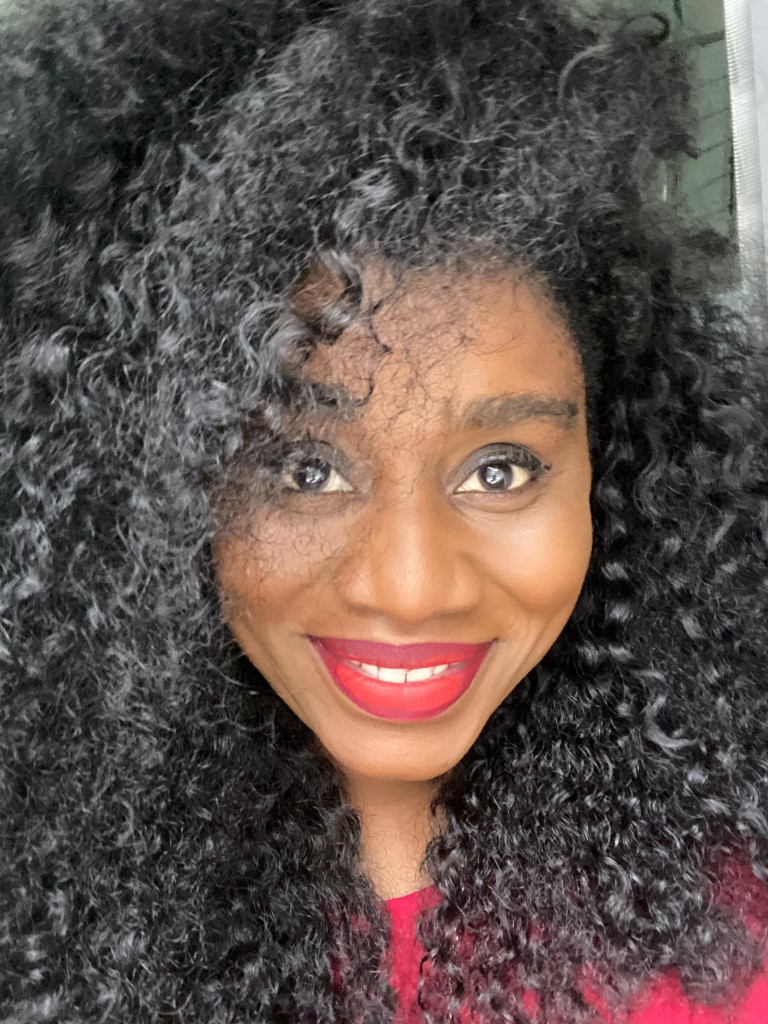
Is photography more of a skill that can be learnt, or is it innate and a gift?
I believe it is all of the above. I believe that there is no skill that cannot be learnt, and I believe that everybody has some innate gift which, when paired with something that you have learnt or perfected, would create work that is unique. Everybody learns something, but it is when you combine that (what you learn) with the innate gifts or sensibilities you have that give you a voice in the art form. Everybody is an artist one way or another, but it is about what they’ve taken time out to learn and combined with what they have already.
You create some of the most breathtaking portraits. What helps you decide what you want with each subject? Would you say that understanding imaging and lighting enables your creative process?
When it comes to making photographs of people, the biggest part of people is not necessarily always their physical appearance; it is who they are. Emotionally and spiritually. The most important part of my work is not necessarily how I want them to be projected physically. Yes, I put all of that at the foundation, but it’s me looking for ways to bring out the essence and the spiritual part of who they are and have them wear that on their outer expression. I believe that’s the strength of a portrait photographer. It’s finding out exactly the nuances of that human being and what they are really made up of on the inside, figuring out how to make images that will make people who know them go, “aha! that is so them.” Or people who don’t know them at all suddenly feel like they know them much more, just because they come across those images of them.
They say music is usually from the soul, and you once commented that photography and music are similar art forms. How can you explain that in relation to bringing out the spriritual part of the people you photograph?
It’s interesting that you bring out the similarities between music and photography. When you put a photo together, before you click to capture an image, it is called a composition. When you write a song, you compose a song. So it’s the same way you compose a photo that you compose a song. Putting elements together and arranging them in a way that makes sense to you or in a way you want to communicate an idea. I feel like, in that way, there are many similarities between making an image and making a song, and I guess that’s why I’ve been able to live out and have the two careers side by side for the last two decades of my life. It’s because you are constantly composing; you are putting things together that normally wouldn’t even belong together and finding a way to make them work.
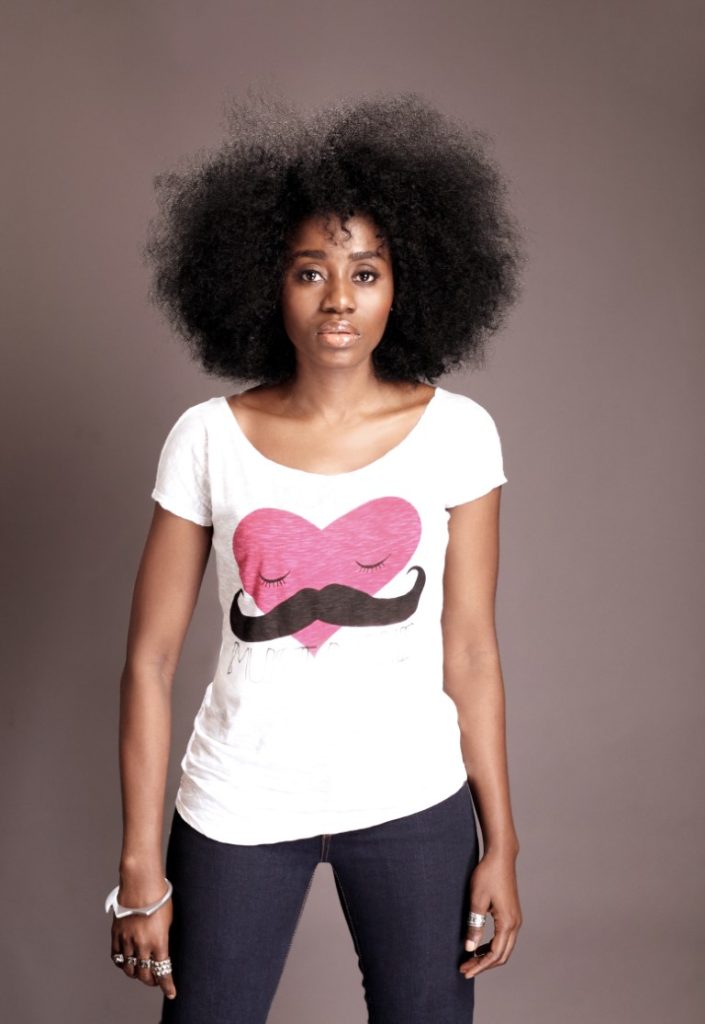
How did you come about writing music?
Oh, it’s interesting. Outside of painting, one of the things that I started doing very early in my life was songwriting. I was that melancholic child that would sit in the corner and piece words together with sound. Though I was generally very shy as a child, I remember every single time that I was on stage or given the microphone, it was like something would come over me, and I wouldn’t feel any kind of fear or insecurity. I would just feel like I owned it, and I would be spontaneous and own the stage. It’s something that I believe I was born with. I believe that writing music is a gift and a craft, so of course, over the years, you would improve and hone it, but I believe it’s a gift that I’ve had since I was a child.
Would you say that it is an aspect of your creative gift that you are more in tune with and allows you to bring out more passion than photography, or is it a continuation from where you stop in your photography work, so to speak?
It’s interesting, people have been asking me if I prefer music to photography, and it is very hard to say because they are two very different things. It’s like music is where I hide. If I need to uplift myself, I sing or create a song. If I want to explore the world, I would go out and make images. They are very different, but I feel like having more than one way to express yourself only enriches your life and your human experience. Music is one good way to connect with what I’m really feeling on the inside, how I let people experience what is going on inside of me; whereas photography is how I connect with what’s going on outside of me; what’s going on on the inside of somebody else, and I want to experience that.
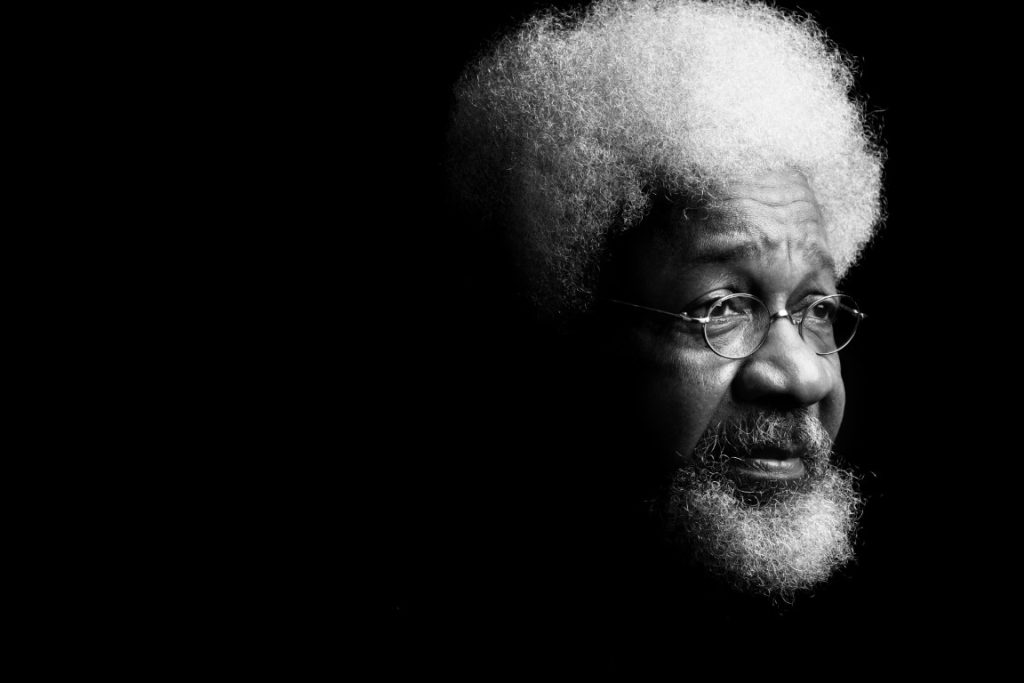
With music, are you looking at releasing any new single soon?
I released an album earlier this year, and I am in the middle of two new projects. It’s been a very busy year for me musically, actually. I’m looking forward to releasing new material at the end of the year and the beginning of next year.
You started doing something unique, and it’s gone on for years: worshipping in your studio. What influenced that?
It must have been God. I know that for a long time, I have always been curious about the whole idea of singing a new song, and how when I read the Bible, David would talk about singing a new song— he said it so many times. It was because every human being was capable of singing something they’d never sung before. Then I started these sessions called Spontaneous Worship, where we came together and pretty much sang songs that didn’t exist prior to us getting the microphone. It’s been the most exhilarating musical experience of my life because every single time, it is new, and nobody knows what we will sing. Neither the musicians nor singers do, but we get behind the microphone, and these songs come together that are crafted so perfectly like we rehearsed over and again. It’s been a journey of worship, speaking into the atmosphere, speaking your prayers, singing your prayers, collaborating with other artists—people you’ve never met before—and singing with them like you’ve known them all your life. Let’s talk about the business of photography. You are one of the first few famous female photographers. Although nowadays, younger girls have followed suit, looking up to you. How difficult was it for you, at the start, to carve a name for yourself in a primarily male-dominated industry?
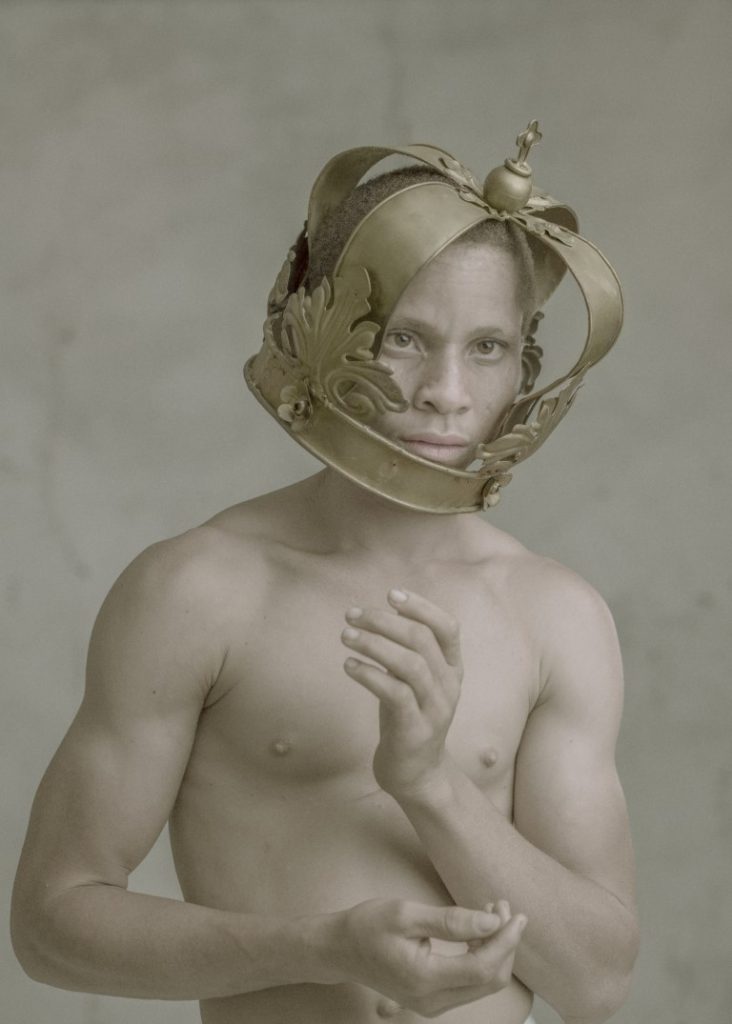
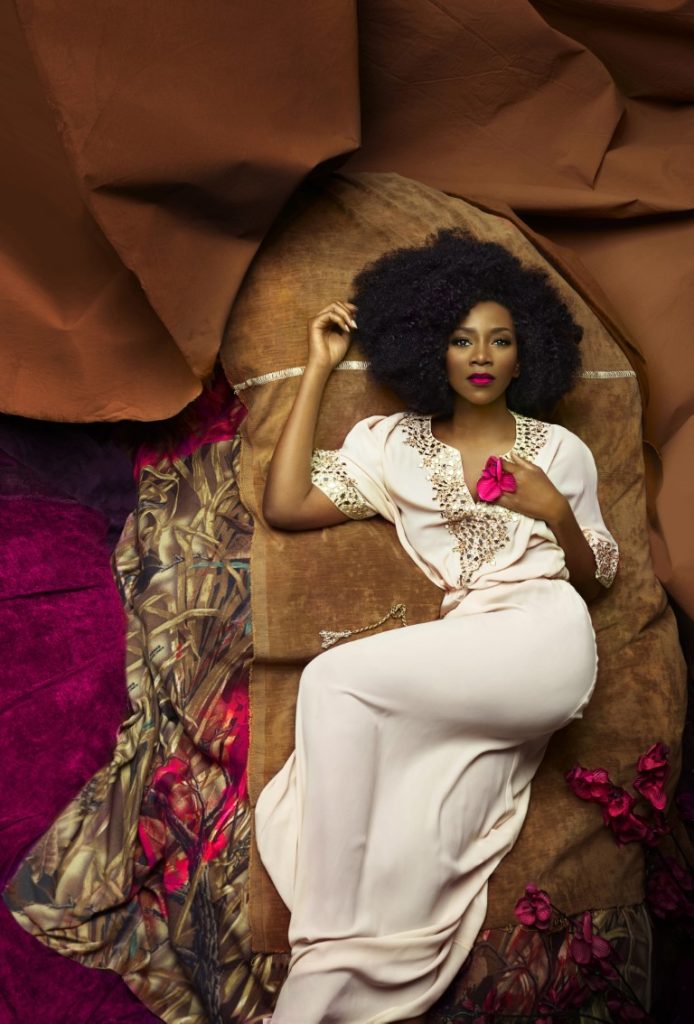
It’s interesting. I don’t think my being a woman was ever a disadvantage because I was surrounded by male colleagues, and we pushed each other just as hard. Nobody had mercy on me because I was a woman. I think that helped because we were equals in our profession. I remember when Kelechi Amadi-Obi, Uche Okpa-Iroha, Amaize Ojeikere, and I started Depth of Field, it wasn’t a collective of three male photographers and a female photographer; it was four young Nigerians sharing their narratives of living in Lagos as an urban space with the rest of the world. I think that our “Nigerian-ness” was a bigger defining part of our narrative than my gender. I guess the beautiful thing about being a female photographer for me was the opportunity to explore what it meant to be a young woman at this time. And I did a few projects to explore that artistically. I didn’t make the fact that I am a woman the most important part of what defined me as a creative. I’m excited to be a woman, but I put it forward that I was a creative first and pushed just as hard as everybody else.
This year’s World Photography Day theme is ‘Pandemic lockdown through the lens.’ How did the pandemic affect photography in Nigeria?
Initially, we didn’t know how to navigate because of the uncertainty and the sudden changes that happened with the pandemic. What I found as a gift in this “lockdown” was that it helped us realise that we were bonafide members of a very big global community of artists. It suddenly didn’t matter what country you were from. Nigerian photographers, more than ever before, began participating and engaging on platforms and ideas that are truly global. I love the way that Nigerian photographers are playing in the NFT space, for instance. We now realise that borders have blurred out and that we were in a much bigger global scenario, and I think that has been empowering for most people.
